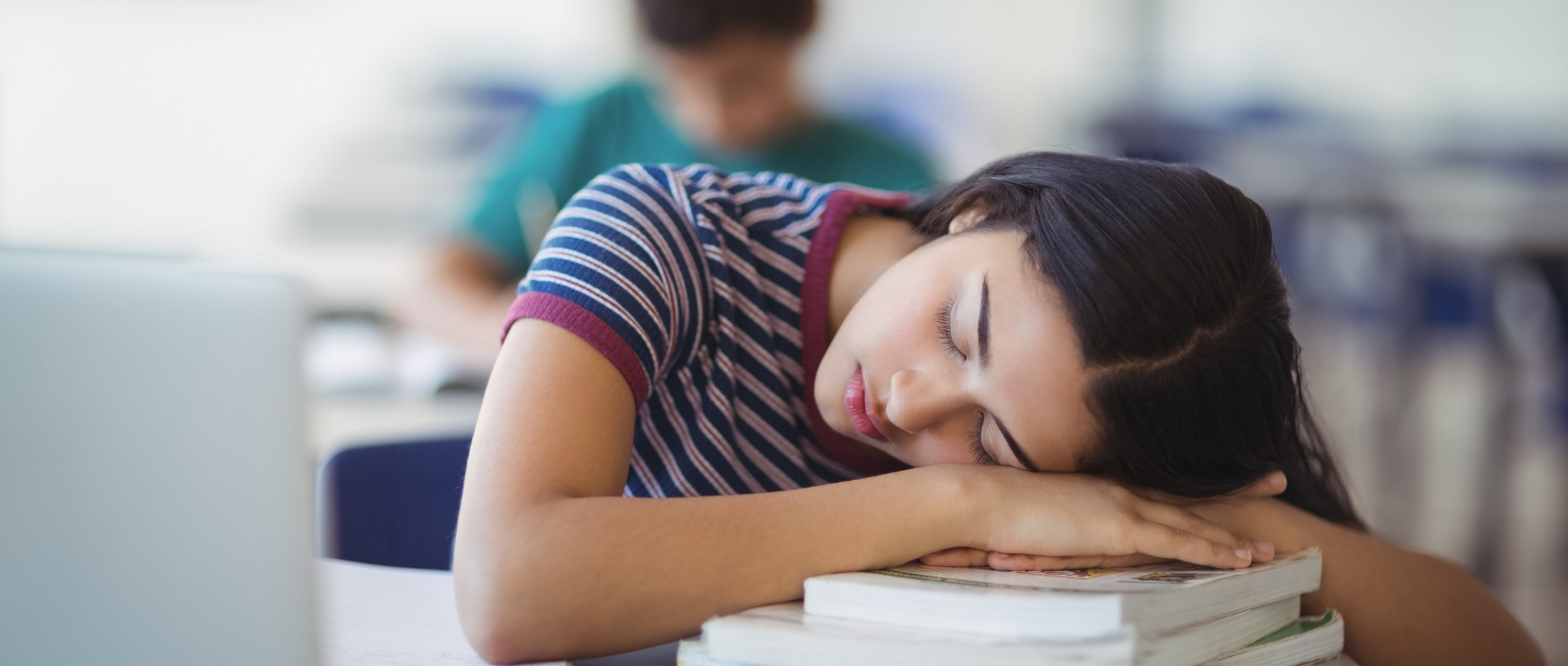Hello! Is there any research that shows a time of day for learning, retention of information, and developing skills that is better than others? Are there certain groups of people that do better at certain times of the day or does it depend more so on the individual?
At this facility, our morning classes are starting earlier and earlier. Over the past few years, they’ve moved the start times from 7:40 to 7:20 to 7:10 and are now proposing 6:45. The ages of my students are widespread, but a majority of them are in their 20s.
Thank you.
Michelle, Rush City, MN

You are on the right track, Michelle, when you write, “Does it depend more so on the individual?” Distinguished education researchers Rita and Kenneth Dunn addressed this question some years ago and found that the best time for learning is all over the map, or should I say clock? Sleep experts explain that some of us are “nightowls” meaning that we are more alert late in the day and very groggy early. “Larks” on the other hand are at their best in the morning.
That said, a rested brain—whether nightowl or lark—is key to learning. In fact, sleep deprived students are at a real disadvantage when it comes to concentration, memory, impulse control, and learning.
Performance gaps
A clinical psychologist at Tel Aviv University, Dr. Avi Sadeh, found a significant performance gap between sleep deprived and well rested students. Students who got just one less hour of sleep per night for three nights in a row experienced a cognitive slide equivalent to two grade levels. A researcher at the University of Minnesota found that A-average students sleep more than B-average students sleep more than C-average students and on down the line. When it comes to children and sleep, there are huge academic consequences to even small bits of sleep deprivation. Sleep is one of the primary ways that children consolidate memories, recharge their executive function and manage mental health. This is scary when we realize that every age group in the US is not getting as much sleep as they need:
Age/Goal/Actual:
Elementary 10-11 hrs 9.5
Pre-teens 9.5 8.0
Teens 9.5 7.5
Teenage night owls
The sleep/wake cycle shifts during adolescence, making it even more difficult to give the brain a rest. Many elementary school-age larks naturally turn into teenage night owls, putting their circadian rhythms at odds with their alarm clocks. I don’t think that starting classes as early as 6:45 AM is a good idea for young people. Schools and school districts that are paying attention to the brain research on children and sleep are actually moving starting times later rather than earlier.
Watch out for sleep thieves
Regardless of when school starts in the morning, make sure that your child is taking advantage of the sleeping hours they do get. You might send your child to bed on time only to find her exhausted at breakfast the next morning. Before you send her in to a sleep clinic – check for sleep thieves in her bedroom. Teens who send and receive text messages all night have little opportunity to get into the deep sleep their brains need to recharge. If this is the case, the best advice for a good night’s sleep is to get technology out of kids’ bedrooms.
How do we face the sleep thieves and help our kids get some shut-eye?
- Know how much sleep is recommended for your child’s age.
- Create a bedtime routine that you keep consistent night after night (this is helpful for tweens and teens too! It just looks different).
- Understand your teen’s shifting sleeping pattern and let them catch up on a little sleep over the weekend.
- Talk to your children and teens about why sleep is important for their health and happiness.
- Create and enforce a ‘technology curfew’ where cell phones, laptops, and other digital devices are turned off and taken out of the bedroom.
- Be especially aware of limiting violent media. Recent studies have shown that young children who watch violent media don’t sleep as well at night.
- Try to avoid screens for an hour before bedtime.
- Encourage your kids to exercise. Exercise leads to better sleep!
- Limit caffeine.
- If your children are young, give them time to nap during the day.
- Seek help if your child or teen snores, is sleepy during the day, or has ongoing sleep challenges.